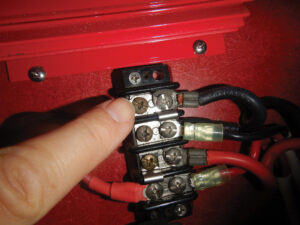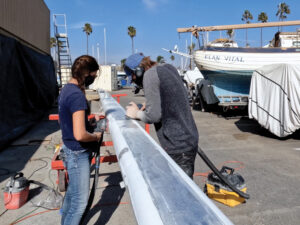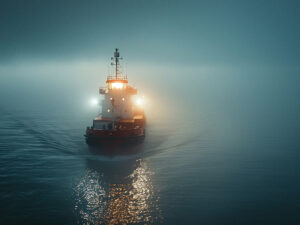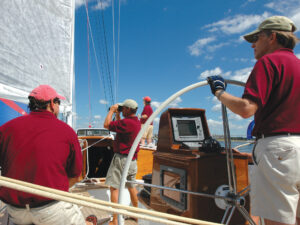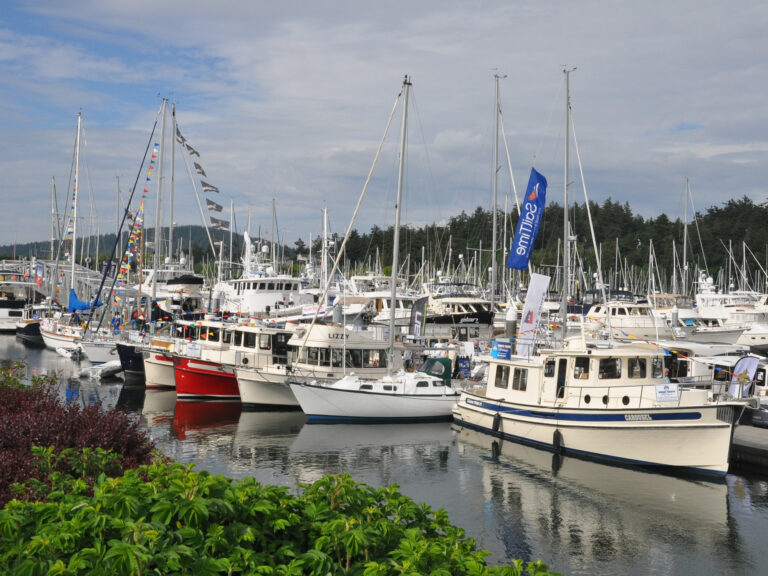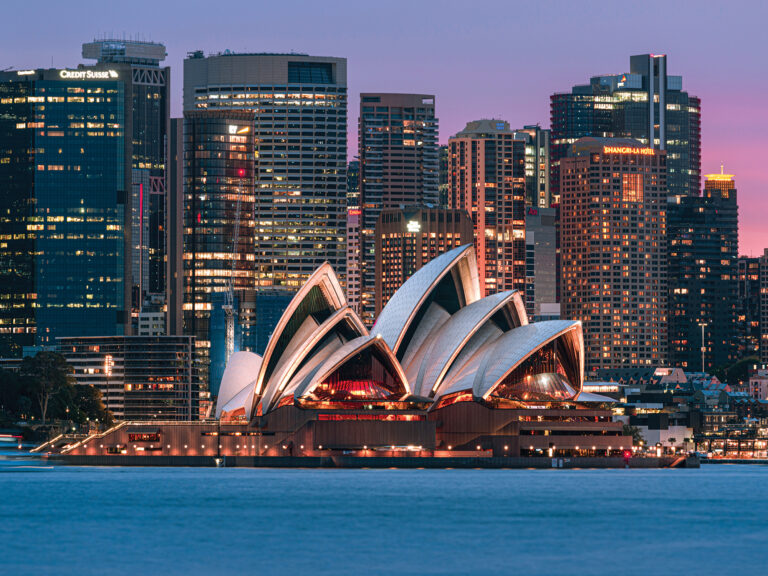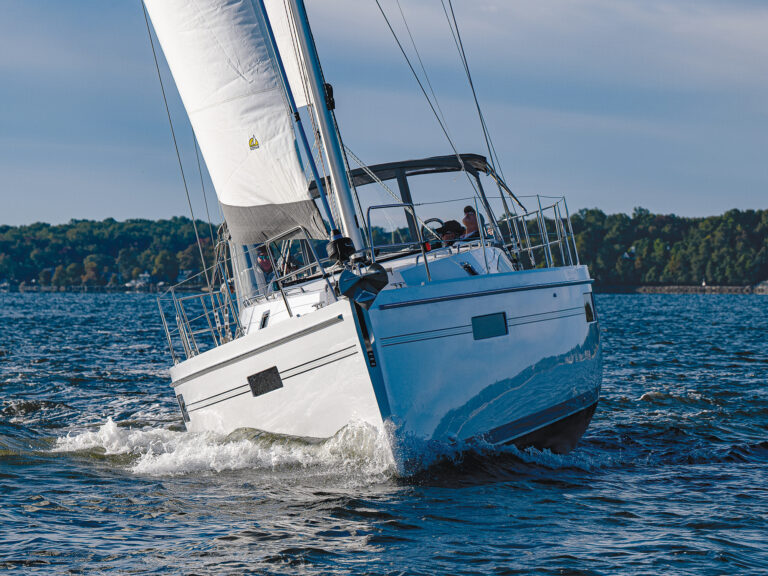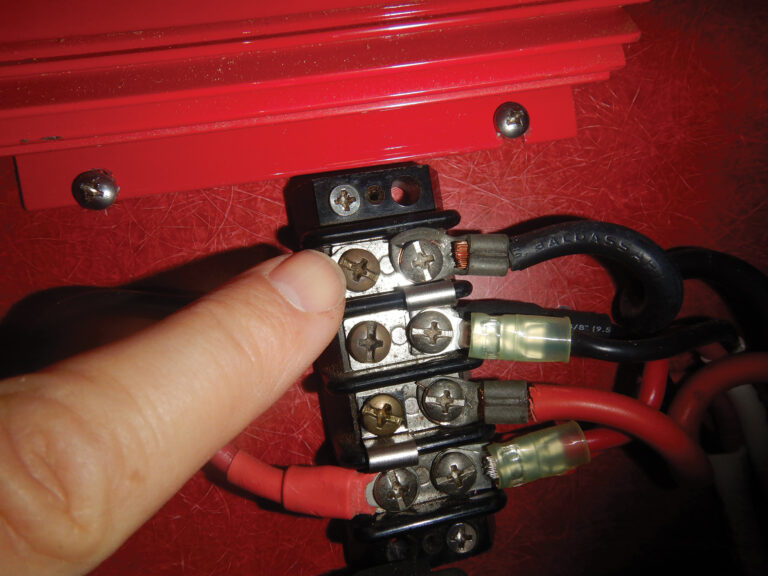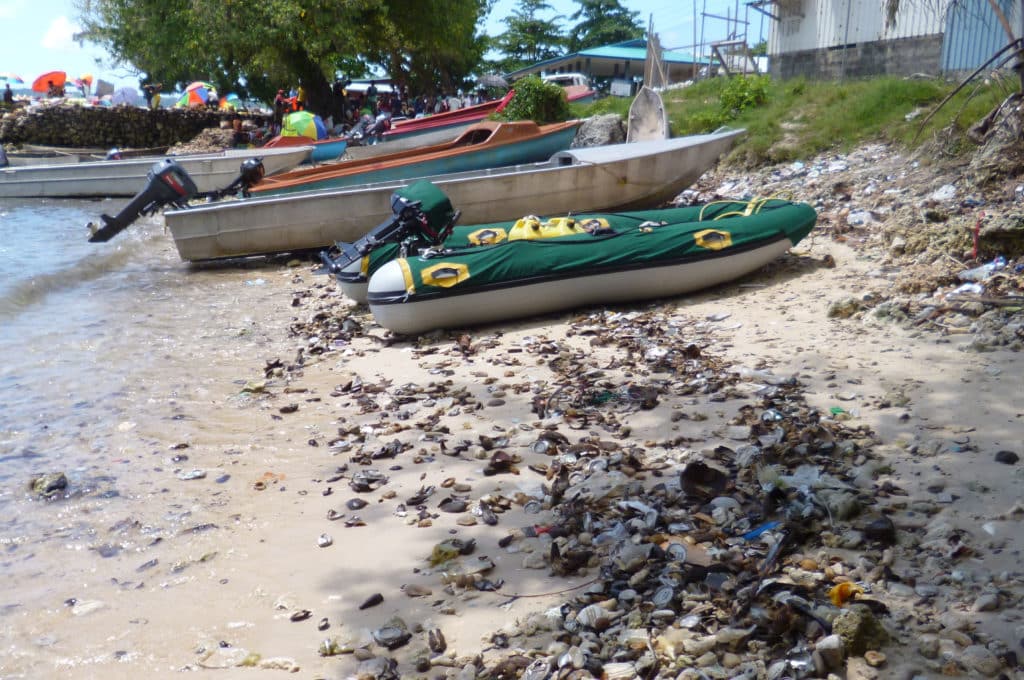
Sailing is a great way to reduce your carbon footprint; however, that doesn’t necessarily mean that being a cruiser is living green. It’s important to consider our impact on the environment and how to make smart choices to help preserve the very places we love to sail. Here are 10 easy ways to be a greener cruiser:
1. Clean a Beach:
There is nothing more beautiful than a pristine beach and nothing more depressing than a shoreline littered with garbage. Next time you dinghy ashore, take a few minutes to pick up and properly dispose of refuse that has washed up where you land. Another great way to give back to the beautiful places you get to visit is to organize a beach cleanup day in your favorite anchorage. After all, when the ocean is our playground, it’s up to us to keep it clean.
2. BYO Bags:
Sadly, these days it’s not uncommon to find plastic bags floating in the ocean. When provisioning, refuse plastic shopping bags and bring your own reusable cloth bags instead. There are several on the market that fold small and flat and are easy to keep tucked in the pocket of a backpack or purse for unexpected purchases. If you do bring plastic bags home, reuse them as trash bags or recycle them instead of just tossing them in the garbage.
3. Choose Cloth Napkins and Cleaning Cloths:
To cut down on garbage and save storage space, use cloth napkins and microfiber cleaning cloths instead of disposable napkins and paper towels. To keep things hygienic, sew a small piece of colored thread to each napkin and assign everyone on board a color. To sanitize and to remove stubborn grease stains, boil napkins in clean water with a squirt of dish soap periodically.
4. Say No to Paper Plates:
Paper plates might seem like a quick and easy way to save on water — and dishes — but few brands are actually biodegradable. Never toss paper plates directly overboard. Instead buy stainless-steel, durable plastic or melamine bowls and plates; a small investment will last years.
5. Eat Local:
Most cruisers shop at local markets for fresh produce but might not stop to think where canned or dried goods and meat come from. Buying locally sourced and produced foodstuffs not only supports the area economy, but also cuts down on emissions produced when items are shipped internationally.
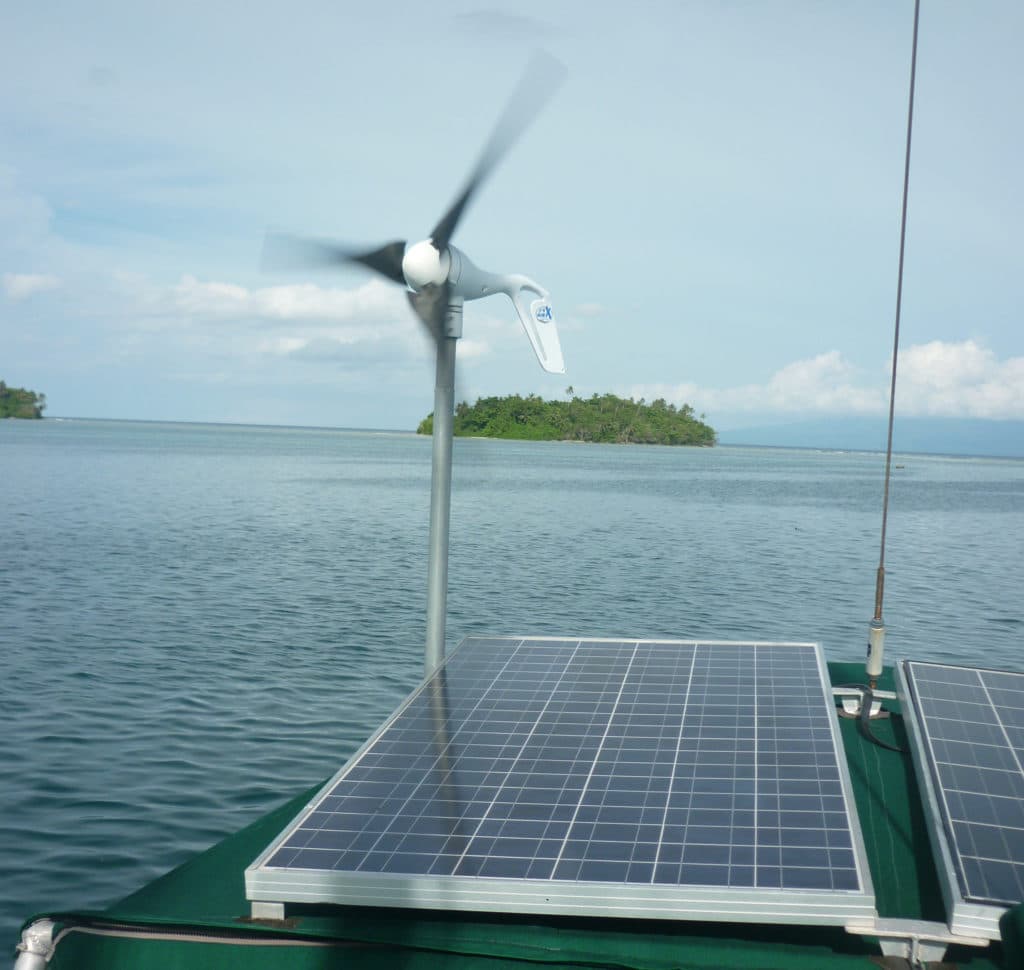
6. Unplug and Unwind:
We all rely on electronic devices on board, but how much is too much? Nothing sparks a conversation among cruisers like power consumption and production, and today’s electronics are power-hungry. Try making a resolution to unplug for a period of time each day. Not only will you be doing your house bank a favor, but you might find it recharges your batteries too.
7. Harness Nature’s Superpowers:
Passive power production has never been easier or more efficient. Over the last decade, solar panel manufacturers have found ways to boost power output while reducing size and cost. Installing solar panels is an easy and effective way to cut down on diesel consumption. In addition, fitting a wind or hydro generator will allow you to make power day and night, rain or shine.
8. Properly Dispose of Used Oil and Old Engine Filters:
Never dump old oil or filters overboard, no matter how far out at sea you are. After routine engine maintenance, take your used oil and filters ashore for proper disposal. If you’re in an area that doesn’t have dedicated waste-oil collection, try asking at a local gas station or car dealer for tips on where to dump it, or be prepared to carry it on board until you reach a facility in a larger port.
9. Try a Little R&R:
Reduce and recycle, that is. Making small changes on board can make a big impact, so try simple things like installing LED bulbs and foot- or hand-operated water pumps to cut power and water consumption. In the galley, switch out electric mixers and coffee makers for manual appliances. Sailing is hardly life in the fast lane, so instead of automatically turning on the engine and burning diesel when the wind dies, try drifting for a while, if conditions permit.
10.Use Environmentally Sensitive Cleaning Products:
Sometimes we forget that everything that goes down the drain goes overboard. To minimize pollution, use biodegradable body wash and shampoo, dish soap, laundry detergent, and cleaning products when possible. Or reach in your galley and clean with vinegar and baking soda; it gets rid of salt and stains without damaging surfaces or the environment.
— Heather Francis

